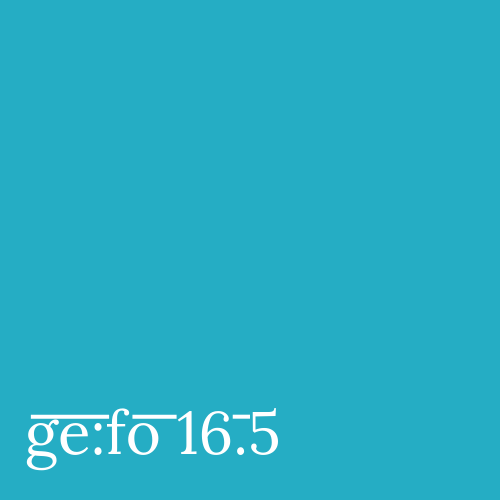Re/calling Scheherazad: Voicing Agency in Mohja Kahf’s Poetry
DOI:
https://doi.org/10.18716/ojs/gefo/2017.2447Keywords:
Mohja Kahf, Emails from Sheherazad, poetryAbstract
In her collection of spoken word poetry entitled Emails from Scheherazad, Syrian American poet, Mohja Kahf, invokes the orality of Scheherazad’s storytelling to voice her agency and dispel perceived silences about Muslim women. Kahf uses the role of storyteller to strengthen discussion of misunderstood subjects like violence, desire, passion, and sex, perceived as “off limits” to Muslim women. Conducting an autobiographical reading of Kahf’s poetry, I assert that her writing comes from a personal place, infused with anecdotes from her own life experiences. In surveying Mohja Kahf’s inclusion of the autobiographical voice in her poetry, it becomes clear the author pushes the boundary of the autobiographical ‘I’ to include additional voices and vantage points, such as the third person perspective, in the sphere of life writing. Whether cast in a classroom, a PTA meeting, or in the bathroom of Sears, Kahf’s poetic subjects illuminate their simultaneous maneuvering of Muslim and Syrian traditions against an American backdrop. To read her poetry in a political light, Mohja Kahf’s Emails from Scheherazad becomes a creative, autobiographical work that uses hybridity – both in genre and identity- to humanize American Muslims. This article, therefore, traces the motif of storytelling in Emails from Scheherazad to determine how in autobiographical poetics, the author rejects Islamophobic critics through reclaiming one’s own story. Drawing on Arab American studies scholars like Steven Salaita, Leila Ahmed, Waïl Hassan, and Nouri Gana and fusing their criticisms with research conducted by autobiographical studies scholars like Sidonie Smith, Julia Watson, and Nawar al-Hassan Golley, this article bridges gaps between Middle Eastern literary studies and autobiographical studies. In doing so, it illustrates the way in which Kahf challenges discriminatory attitudes against Muslims as she stitches American Muslims into the fabric of ethnic American literature.



